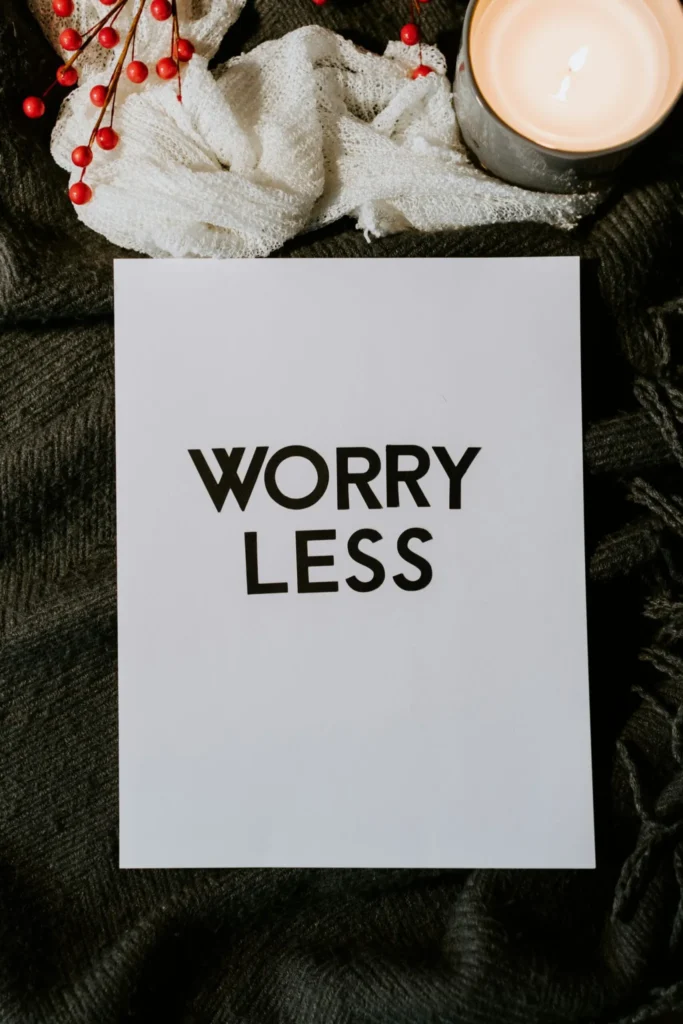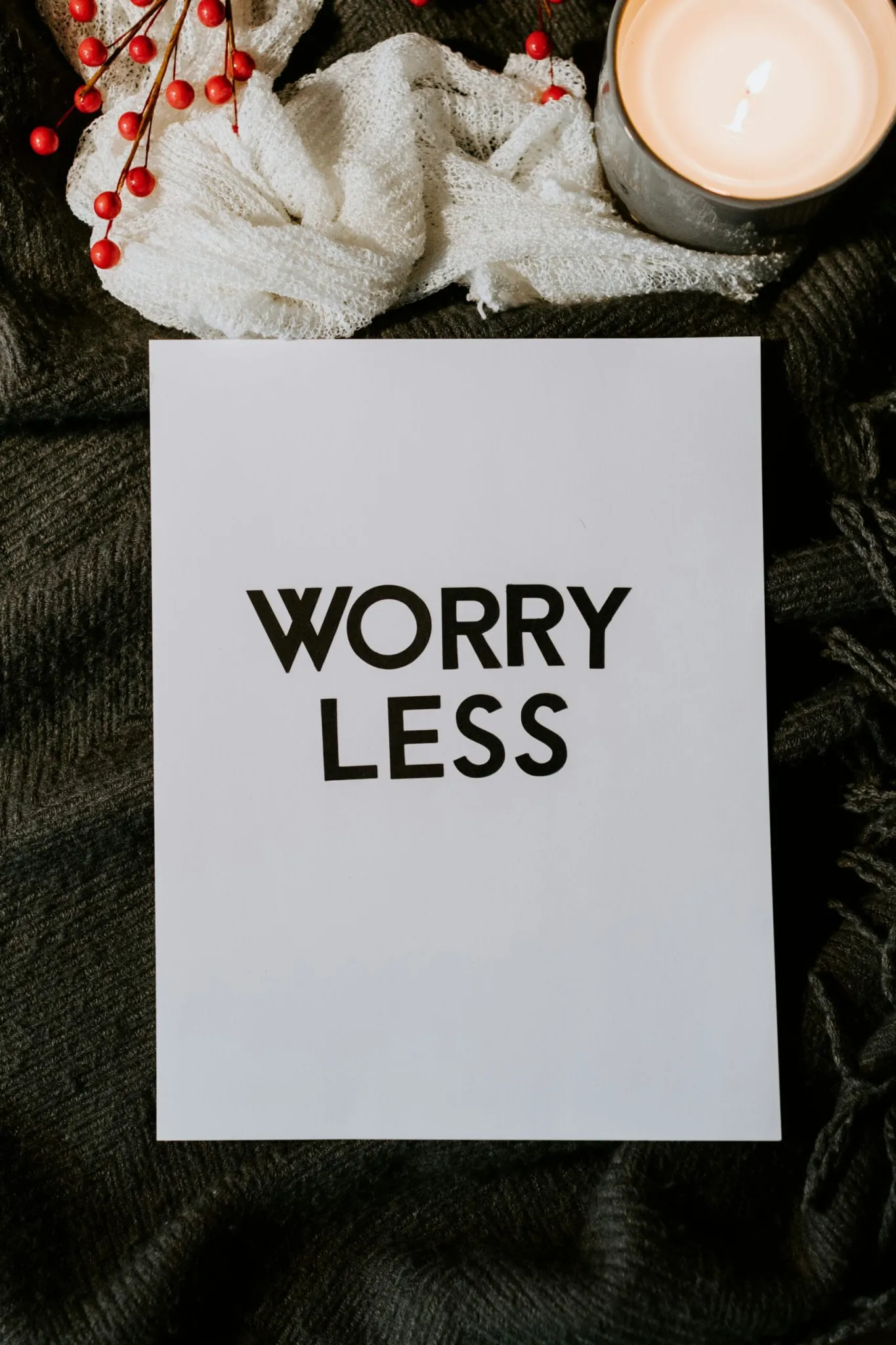
Have you ever wondered what it’s like to experience menopause along with the unexpected symptoms that seem to accompany it, such as anxiety? It might not be a topic that comes up in everyday conversation, yet understanding menopause anxiety is crucial for your well-being. Let’s take some time to discuss what this involves, how it affects you, and what you can do about it.

What Is Menopause Anxiety?
Menopause is a natural biological process that marks the end of your menstrual cycles, usually occurring in your late 40s or early 50s. While it’s a natural part of aging, it often brings along a number of changes both physically and emotionally. Among these changes, menopause anxiety can be one of the most surprising and challenging to deal with.
Defining Menopause Anxiety
Menopause anxiety refers to feelings of worry, nervousness, or unease that become more prominent during the menopausal transition. This type of anxiety can be severe enough to interfere with your everyday life. Actually, you might find yourself feeling more anxious than you ever did before.
The Link Between Hormones and Anxiety
During menopause, your body undergoes significant hormonal changes. The fluctuation of hormones like estrogen and progesterone can impact neurotransmitters in your brain that regulate mood, contributing to feelings of anxiety. Therefore, understanding the hormonal basis of your anxiety can better prepare you for managing it effectively.
Recognizing the Symptoms of Menopause Anxiety
It is essential to be well-versed in the symptoms of menopause anxiety in order to identify them and seek the right interventions promptly. The symptoms you experience may mirror those of general anxiety, but the context of their appearance can be telling.
Emotional Symptoms
- Persistent Worry: You may find yourself worrying excessively about various aspects of life.
- Restlessness: An inability to relax may become more pronounced, especially in situations where you previously felt at ease.
- Irritability: It’s possible you could find yourself getting frustrated or upset more easily.
Physical Symptoms
- Palpitations: Your heart racing without any obvious reason is often a sign linked to anxiety.
- Insomnia: Trouble sleeping or staying asleep can be exacerbated during menopause.
- Tension: Muscle tension and aches without physical exertion are also common.
Below is a table summarizing the symptoms for quick reference:
| Emotional Symptoms | Physical Symptoms |
|---|---|
| Persistent Worry | Palpitations |
| Restlessness | Insomnia |
| Irritability | Muscle Tension and Aches |

How Common Is Menopause Anxiety?
While it’s normal to experience occasional anxiety, it’s helpful to know how common menopause anxiety is to reassure yourself that you are not alone. Studies reveal that around 50% of menopausal women may experience anxiety symptoms, making it a significant but often under-discussed issue.
Factors Influencing Menopause Anxiety
- Genetics: If anxiety disorders run in your family, the chances might be higher for you to experience similar issues.
- Lifestyle: Factors such as diet, exercise, and stress management play a big role in how you experience menopause.
- Medical History: Previous history of anxiety or depression can make you more susceptible during menopause.
Self-Care Strategies for Managing Menopause Anxiety
Understanding how to manage menopause anxiety effectively involves a blend of lifestyle adjustments, stress management techniques, and, if necessary, medical intervention. Let’s explore various methods that can help alleviate the symptoms.
Dietary Changes
Opting for a diet rich in nutrients can profoundly impact your symptoms. Foods high in omega-3 fatty acids, such as fish and flaxseeds, have shown promise in improving mood and reducing anxiety. Additionally, incorporating more fruits, vegetables, whole grains, and lean proteins might contribute to overall well-being.
Regular Exercise
Physical activity is one of the most effective ways to combat anxiety. Regular exercise like walking, yoga, or swimming can help release endorphins, your body’s natural mood lifters. Aim for at least 150 minutes of moderate exercise each week.
Mindfulness and Relaxation
Setting aside time each day for mindfulness or relaxation exercises can significantly reduce stress and anxiety. Practices such as meditation, deep breathing, and progressive muscle relaxation provide a buffer against anxiety responses.

When to Seek Professional Help
While DIY strategies can be effective, knowing when it’s time to consult professionals is vital. If symptoms persist or worsen despite these efforts, seeking medical or psychological support can provide additional tools for coping.
Therapy Options
- Cognitive-Behavioral Therapy (CBT): This form of therapy can help you identify negative patterns in thinking and learn to manage them.
- Mindfulness-Based Stress Reduction (MBSR): A structured program designed to reduce stress through mindfulness meditation.
Medication Considerations
In some cases, medication may be necessary to manage menopause-related anxiety. Hormone replacement therapy (HRT) or antidepressants might be options worth discussing with your healthcare provider. However, being informed about the potential side effects and benefits is essential.
Supporting Others Through Menopause Anxiety
If you have friends or family members experiencing menopause anxiety, providing support can go a long way in helping them cope. Listening, encouraging communication, and offering to help with tasks can make the transition smoother for everyone involved.
How to Create a Supportive Environment
- Listen Actively: Sometimes, having someone to talk to can be all the support someone needs.
- Stay Informed: Knowing about the symptoms and treatments can help you offer informed advice.
- Join a Community: Sometimes joining support groups can provide invaluable insights and camaraderie.

Conclusion
Understanding menopause anxiety is crucial not just for those experiencing it but for those around them too. Acknowledging and learning about the symptoms allows you to take proactive steps towards improving your mental and emotional health. Whether through lifestyle changes, mindfulness, or professional help, knowing your options empowers you to make the best choices for your well-being. Remember, while this period of change can bring challenges, it also offers opportunities for growth and adaptation.